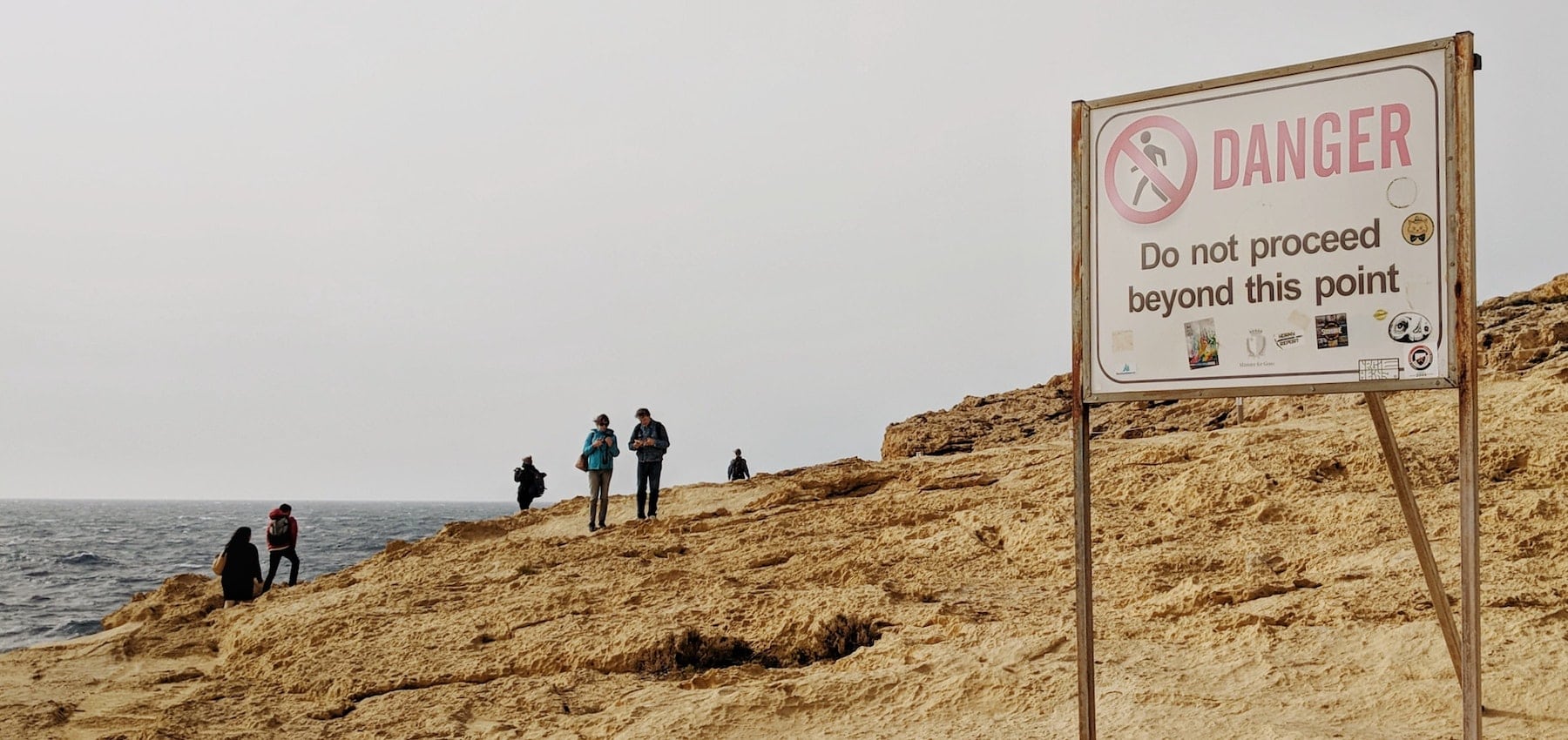Today’s business leaders are having to navigate an increasingly complex risk environment. Although not traditionally, a focal point in company reporting and board room discussions, risk assessment has received a renewed focus of late. This in response to the fast-evolving business landscape and emerging family office risks that include new disruptions and threats. For companies to remain sustainable and resilient, a holistic and disciplined approach to risk management is required, one which goes well beyond the traditional considerations of investment and operational risk.
Going forward, sound investment decisions will need to be informed by a more holistic Risk-Adjusted Return assessment that considers non-financial risks such as climate change impacts, as well as risks associated with reputation and succession.
Three Emerging Family Office Risks That Should be Prioritised
Climate Risk
Although a contentious topic, the risks associated with climate change impact have now been factored into the World Bank’s risk management strategies. The UBS in partnership with Campden Wealth Research Global Family Office Report 2019 shows that 53% of family offices consider climate change the single greatest threat to the world, but only 34% are engaged in sustainable investing to support this global agenda.



